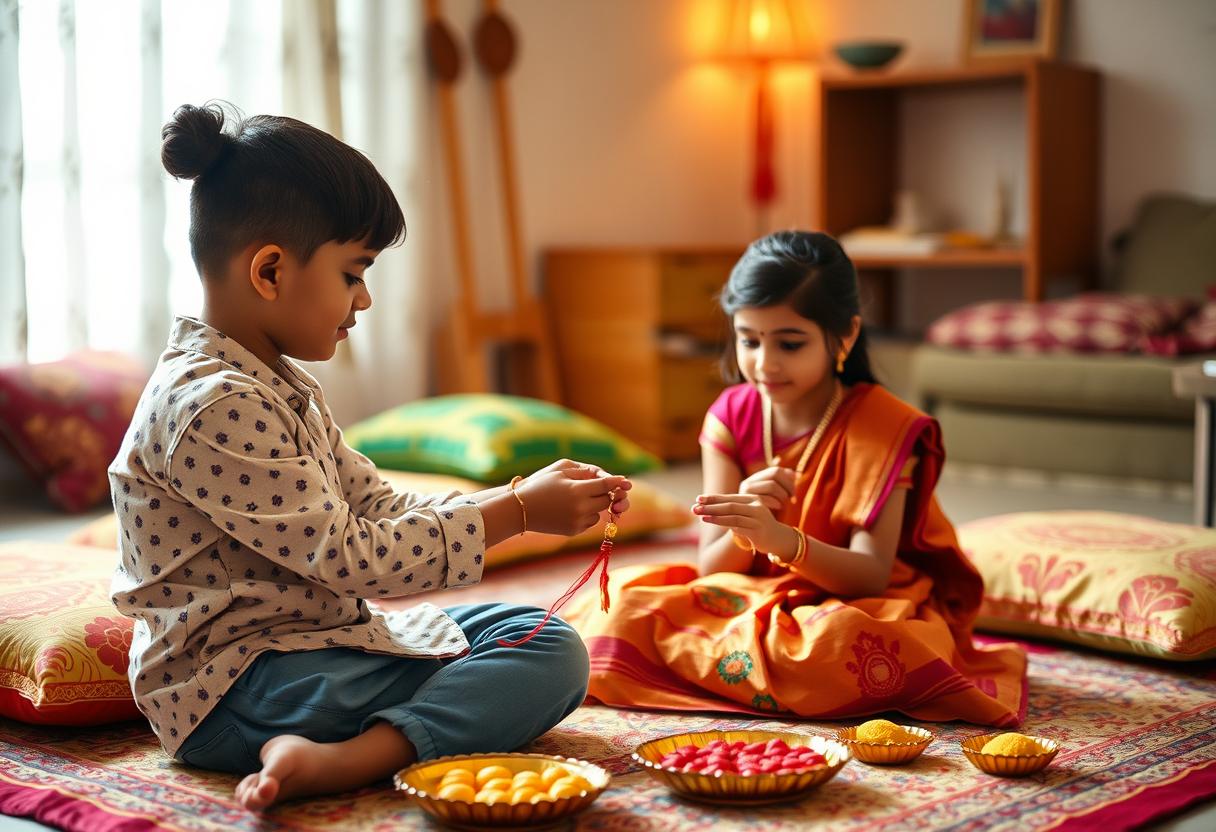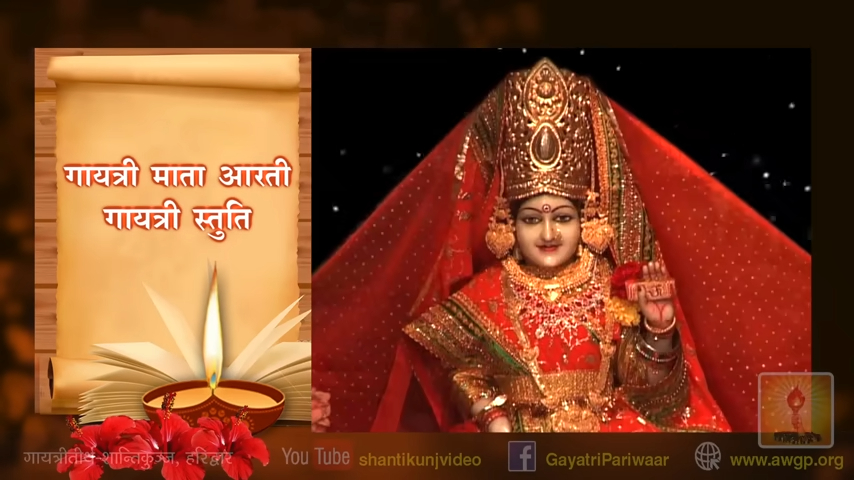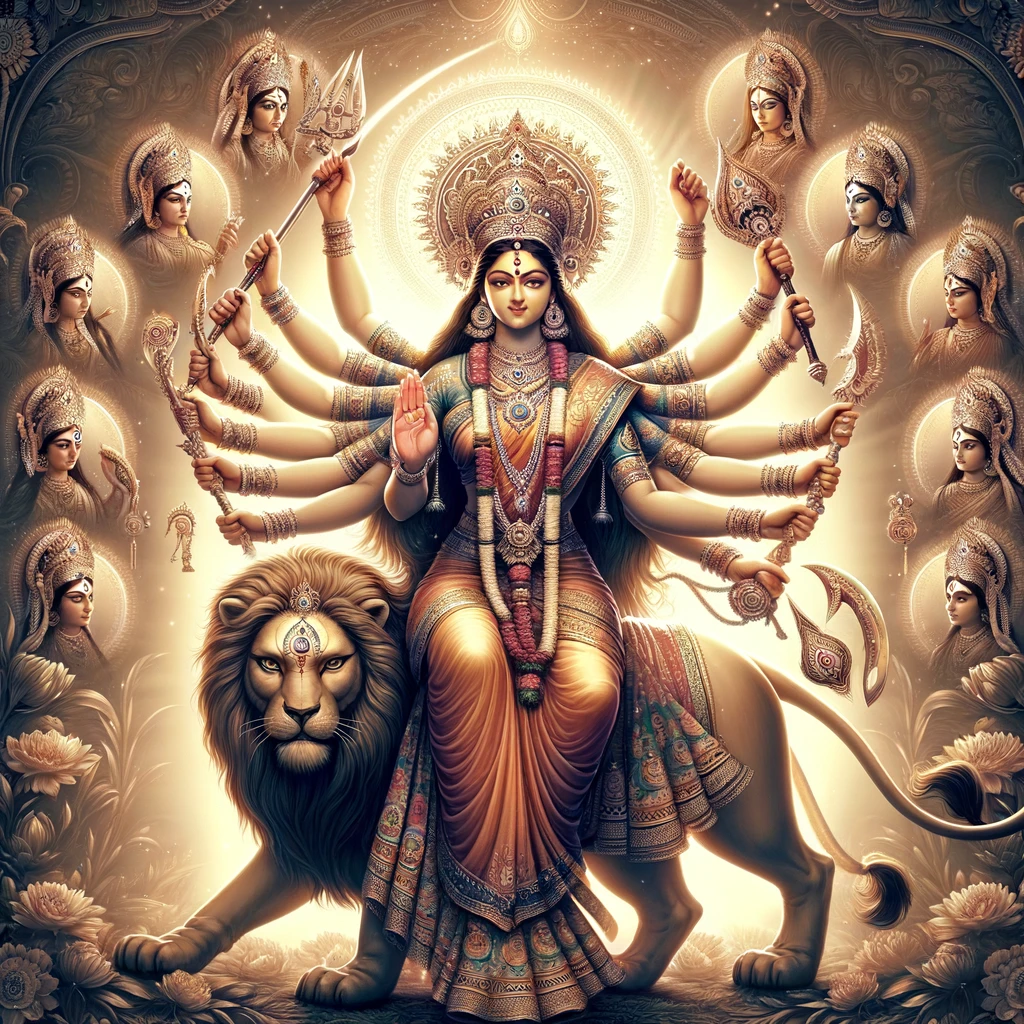
Rakshabandhan 2024: Date, auspicious time and Bhadra period
Raksha Bandhan, a vibrant and cherished festival celebrated in India, symbolizes the sacred bond between brothers and sisters. This year, Raksha Bandhan falls on August 19, 2024. It is a day dedicated to reaffirming the promise of protection and love between siblings. This article delves into the significance of Raksha Bandhan, the auspicious timings for tying the Rakhi, and the implications of Bhadra Kaal on this festival.
Significance of Raksha Bandhan
Raksha Bandhan is a festival that celebrates the deep bond of love and protection between brothers and sisters. The tradition of tying a Rakhi, a sacred thread, around the brother’s wrist is a symbolic gesture that signifies the sister’s prayers for her brother’s well-being. In return, the brother vows to protect and care for his sister throughout his life. The festival is not only a joyous occasion but also a time to renew and strengthen familial bonds.
The word “Raksha” means protection, and “Bandhan” means bond or tie. This festival, therefore, embodies the promise of protection and the cherished relationship between siblings. Traditionally, sisters tie Rakhis on their brothers’ wrists, and in return, brothers offer gifts and pledge their support and care.
Shubh Muhurat and Puja Timings for Raksha Bandhan 2024
For Raksha Bandhan in 2024, the Shubh Muhurat, or auspicious time to perform the Rakhi tying ceremony, is crucial to ensure the festival’s success and to bring prosperity and happiness. The timings are as follows:
- Raksha Bandhan Purnima Tithi: August 19, 2024
- Purnima Tithi Start: 02:53 PM on August 19, 2024
- Purnima Tithi End: 04:13 PM on August 20, 2024
The most favorable time for tying the Rakhi is during the day when the Purnima Tithi is prevailing. It is recommended to perform the Rakhi tying ritual between 08:30 AM to 01:00 PM, as this period is considered highly auspicious. The ceremonies should be completed before the Bhadra Kaal begins.
Effect of Bhadra Kaal
Bhadra Kaal is a period during which certain rituals are traditionally avoided due to its inauspicious nature. It is believed that performing important tasks or ceremonies during this time can lead to adverse outcomes. The effects of Bhadra Kaal on Raksha Bandhan are significant and need careful consideration.
What is Bhadra Kaal?
Bhadra Kaal is a specific time period during the day when the moon is in the Bhadra Nakshatra (constellation). This period is considered inauspicious for performing important rituals or ceremonies. During Bhadra Kaal, it is believed that the energies are not favorable for undertaking auspicious tasks. The Bhadra Kaal timing for Raksha Bandhan 2024 is from 03:22 PM to 04:13 PM.
Why Avoid Bhadra Kaal?
According to Hindu traditions, performing rituals during Bhadra Kaal can lead to obstacles and difficulties. It is believed that the negative energies during this time may hinder the success of the ceremony and bring about unwanted challenges. Therefore, it is advisable to complete the Rakhi tying ritual before Bhadra Kaal starts.
Guidelines for Raksha Bandhan During Bhadra Kaal
- Perform the Ritual Early: Ensure that the Rakhi tying ceremony is completed before Bhadra Kaal begins. This ensures that the ritual is performed during an auspicious time.
- Avoid New Beginnings: It is advisable to avoid starting new ventures or significant tasks during Bhadra Kaal. Focus on completing existing activities and rituals before this period.
- Seek Guidance: If there is any uncertainty about the timings, consulting a knowledgeable priest or astrologer can help in planning the rituals accurately.
Importance of Correct Timing
The timing of Raksha Bandhan is crucial for ensuring the prosperity and happiness of the family. Following the auspicious time for tying the Rakhi helps in reinforcing the positive energies and blessings associated with the festival. It also signifies respect for the traditions and beliefs that have been passed down through generations.
Why is it Important to Follow Shubh Muhurat?
- Auspicious Energies: Performing rituals during Shubh Muhurat aligns with the favorable cosmic energies and ensures the success of the ceremony.
- Respect for Traditions: Following the recommended timings shows respect for the cultural and religious traditions associated with the festival.
- Enhanced Blessings: Performing the rituals at the right time enhances the blessings received and ensures a harmonious and prosperous bond between siblings.
Rituals and Celebrations
The Raksha Bandhan celebration involves various rituals and customs that vary across regions but share a common theme of love and protection. Here are some common practices:
- Rakhi Tying Ceremony: The sister ties the Rakhi on her brother’s wrist, accompanied by prayers for his well-being. The brother, in turn, pledges to protect and care for her.
- Offering Gifts: Brothers often present gifts to their sisters as a token of love and appreciation. These gifts can range from traditional items to modern presents.
- Feasting and Festivities: The festival is marked by special meals and sweets, with families coming together to celebrate the bond between siblings.
- Prayers and Blessings: Families perform prayers and rituals to seek divine blessings for the well-being and prosperity of their loved ones








